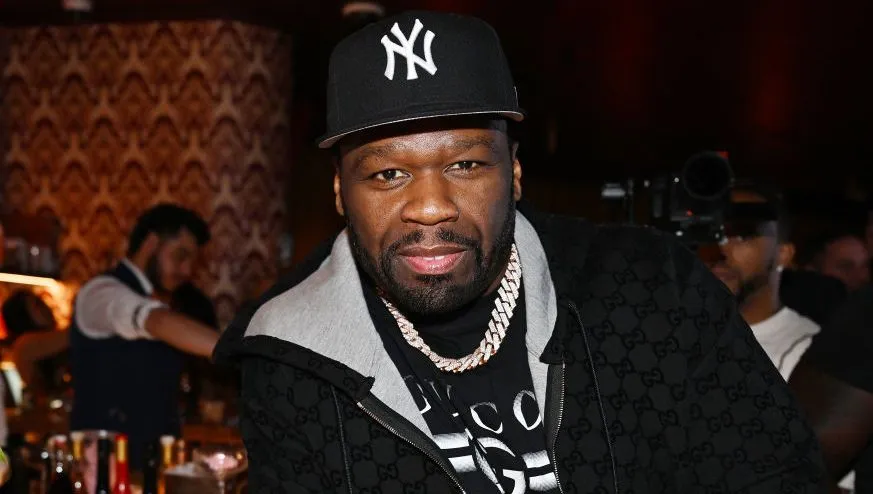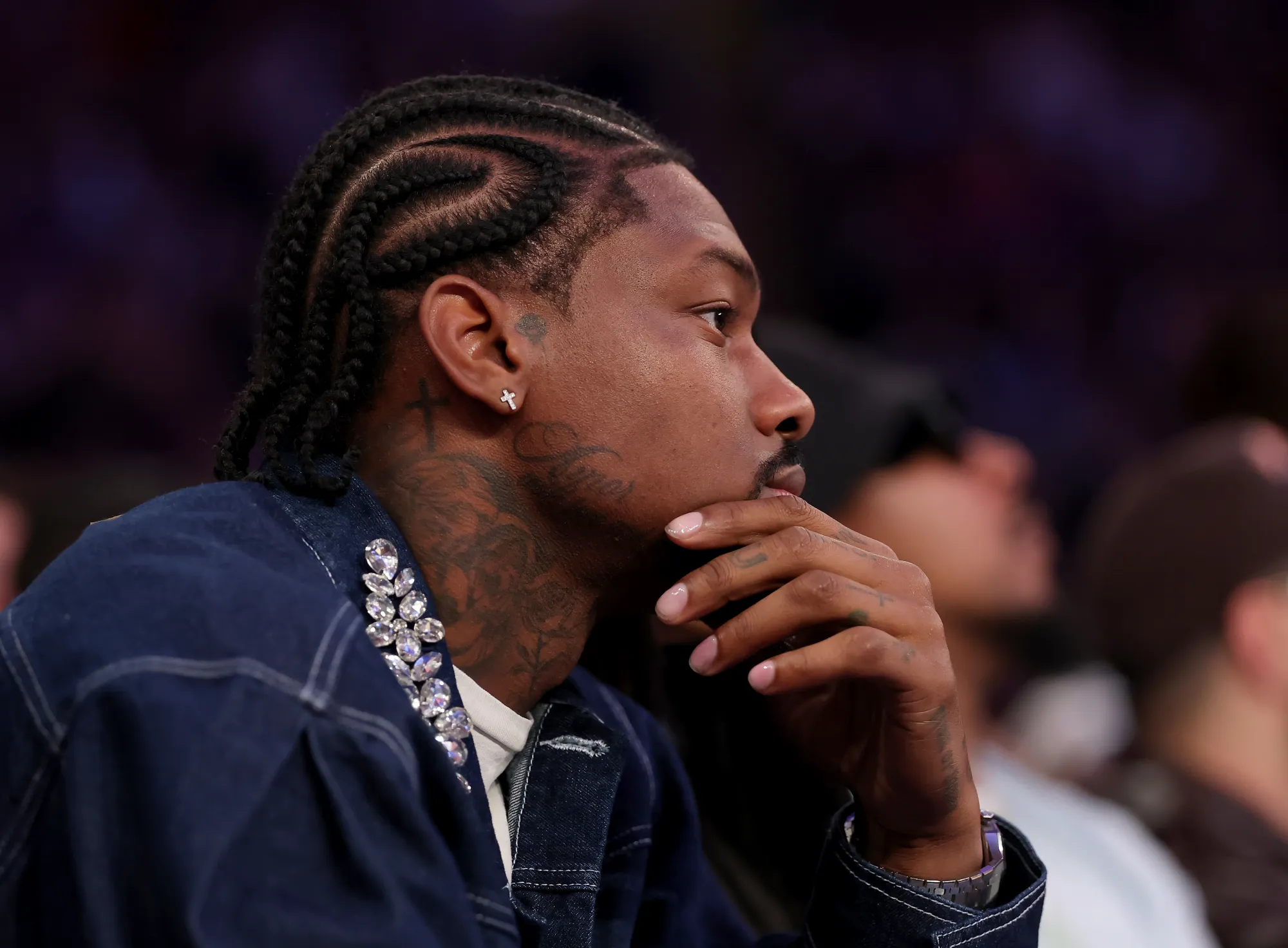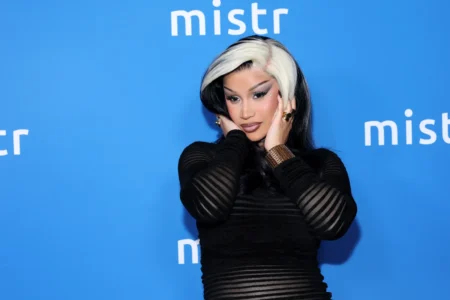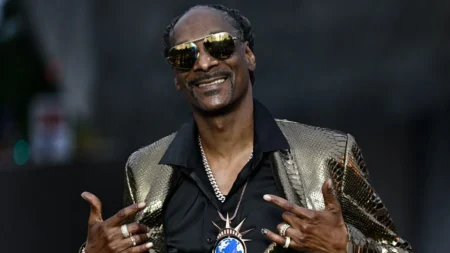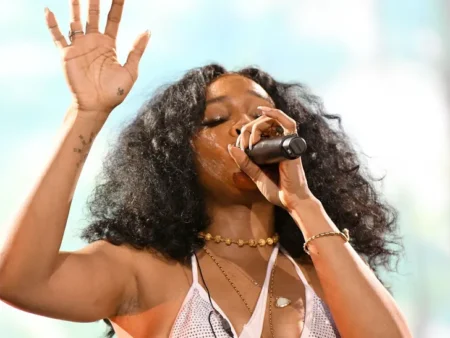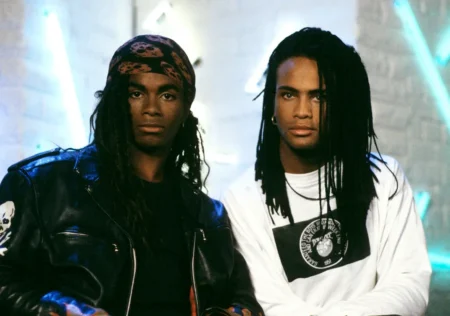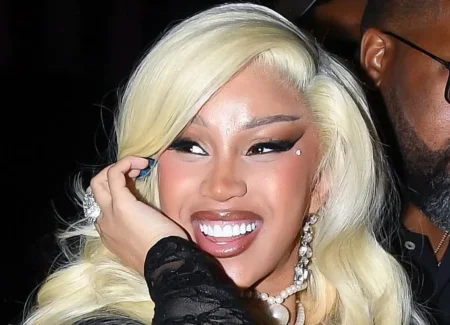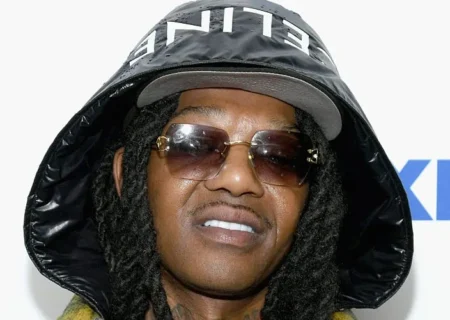Kanye West, once hip-hop’s reigning icon alongside 50 Cent, is at the center of a new controversy after tweeting a deeply personal and unsettling confession that has rattled fans, celebrities, and mental health advocates alike.
In the now-viral tweet, West reflected on a relative serving a life sentence for murder, framing the post as part of a personal reckoning tied to childhood trauma. However, the tweet took a disturbing turn with a shocking admission involving a cousin—an experience West claimed lasted until he was 14 years old. The revelation left the internet stunned, prompting widespread concern about the rapper’s mental well-being and the appropriateness of airing such deeply traumatic content on a public platform.
50 Cent Reacts: “Tomorrow Gotta Be a Better Day”
50 Cent, known for his no-holds-barred approach, chimed in with a blunt reaction via Instagram. In a single post, he encapsulated the disbelief felt across social media:
“F*ck today man. The Knicks lost, the pope died, and Kanye told us he sucked his cousin’s d!ck for 8 years. I’m going to bed early. Tomorrow gotta be a better day.”
His post, while brash, reflected the collective shock and discomfort many fans expressed after West’s tweet began circulating online. The timing, paired with other breaking news, only intensified the surreal nature of the moment.
Public Outcry and Mental Health Concerns
The backlash was immediate. Some viewed the tweet as a misguided attempt at transparency, while others interpreted it as a cry for help. Mental health professionals and advocacy groups have since urged fans and media not to dismiss the confession but to consider the deeper implications behind such public trauma sharing.
This isn’t the first time West’s social media activity has drawn attention for its unpredictability. From controversial rants to highly personal revelations, his online presence has become a digital diary—often blurring the line between performance art and psychological crisis.
A Legacy in Flux
Despite creating some of the most influential albums in modern music history—like The College Dropout and My Beautiful Dark Twisted Fantasy—West’s recent behavior continues to spark debate about artistic freedom, trauma, accountability, and public vulnerability.
The impact of his confession goes beyond celebrity gossip. It opens up a larger conversation about the responsibility public figures have when sharing trauma, and whether platforms like Twitter are appropriate spaces for such disclosures.
What’s Next for Kanye West?
As of now, West has not issued a follow-up or clarification. The tweet remains a troubling entry in his long history of public revelations—one that has left fans hoping he seeks the help he may need, while also calling into question the boundaries of public disclosure in the digital age.




